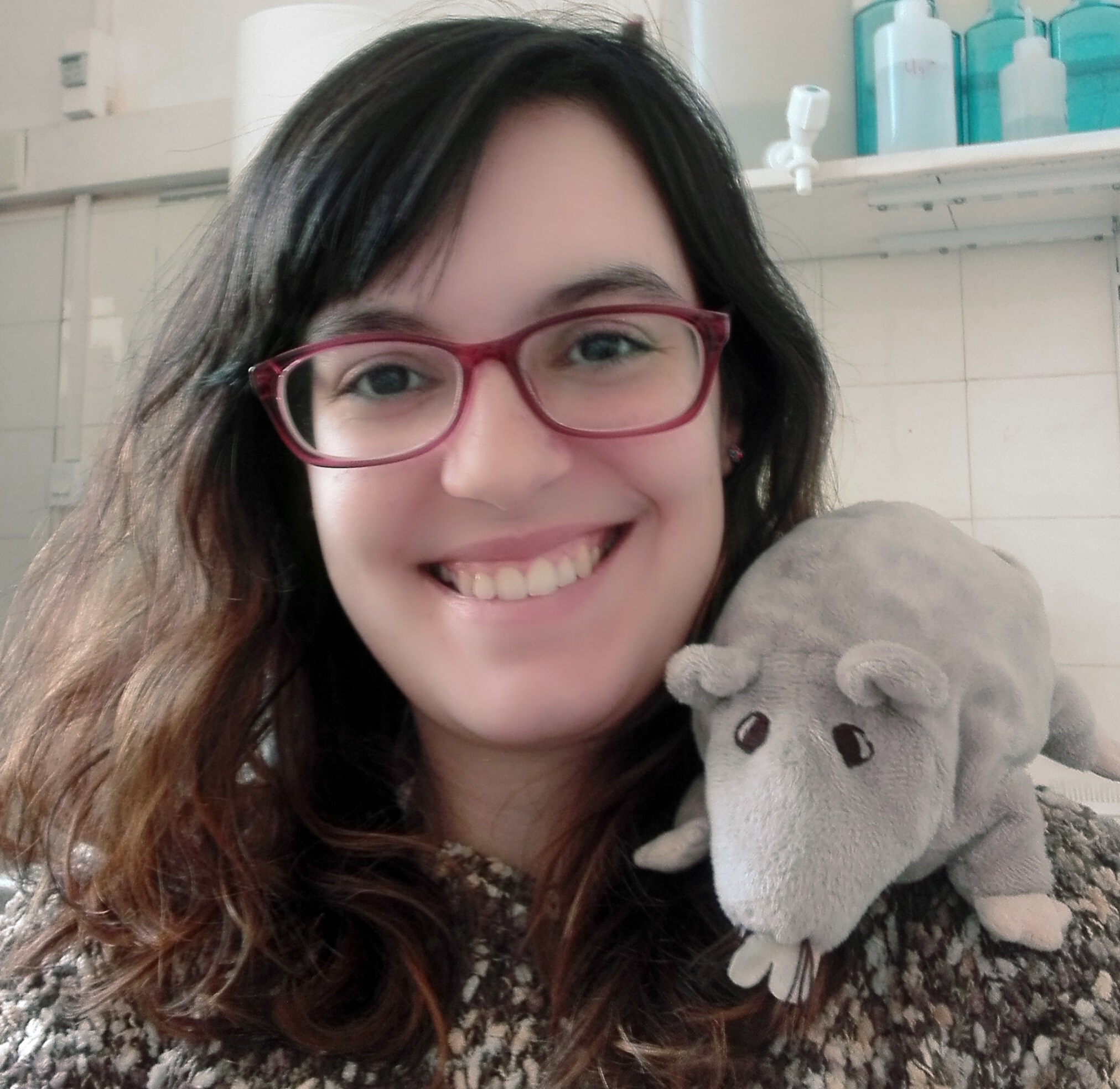Modulation of serotonergic neurotransmission has revealed as an exciting tool to study the process of neurogenesis in the adult hippocampus (HC). In Pet1-/- mice most of serotonergic neurons do not differentiate, leading to a 80 % depletion of serotonin, showing enhanced survival of newborn neurons in the HC. We wondered if the supernumerary neurons in these mice could modulate certain behaviors. Compared to their respective control group, young adult male Pet1-/- mice showed a tendency to an increased compulsive behaviour in the Nestlet® shredding test, but no effect was seen in the Marble Burying test. In the Object Pattern Separation (OPS), hyposerotonergic mice showed a better discrimination index than control mice. As the brain derived neurotrophin factor (BDNF) signaling pathway is linked to neuron survival, BDNF isoforms and their receptors were analyzed in the HC by Western blot and RT-qPCR. We couldn’t observe any differences in protein levels, compared to their respective controls. In contrast, when analyzing the expression of the different transcripts of the BDNF gene, we observed a significant increase in the expression of the transcript VI. Our results show that this hyposerotonergic mice model is similar in their behavior to other serotonin-depleted animal animal models described in the bibliography. On the other hand, the BDNF pathway could be involved in the regulation of neurogenesis when serotonin is depleted.
P#12
Study of behavior and the BDNF signaling pathway in hyposerotonergic Pet1-/- mice
Rocío Beatriz Foltran
- Caba,
- Argentina
- Rocío B Foltran ¹
- , Sophie Scotto-Lomassese ²
- , Catherine Béchade ²
- , Luc Maroteaux ²
- , Silvina L Diaz ¹
- 1 Inst. de Biología Celular y Neurociencias. CONICET-UBA. Buenos Aires, Argentina
- 2 Institut du Fer à Moulin. Sorbonne University, INSERM U1270. Paris, France

